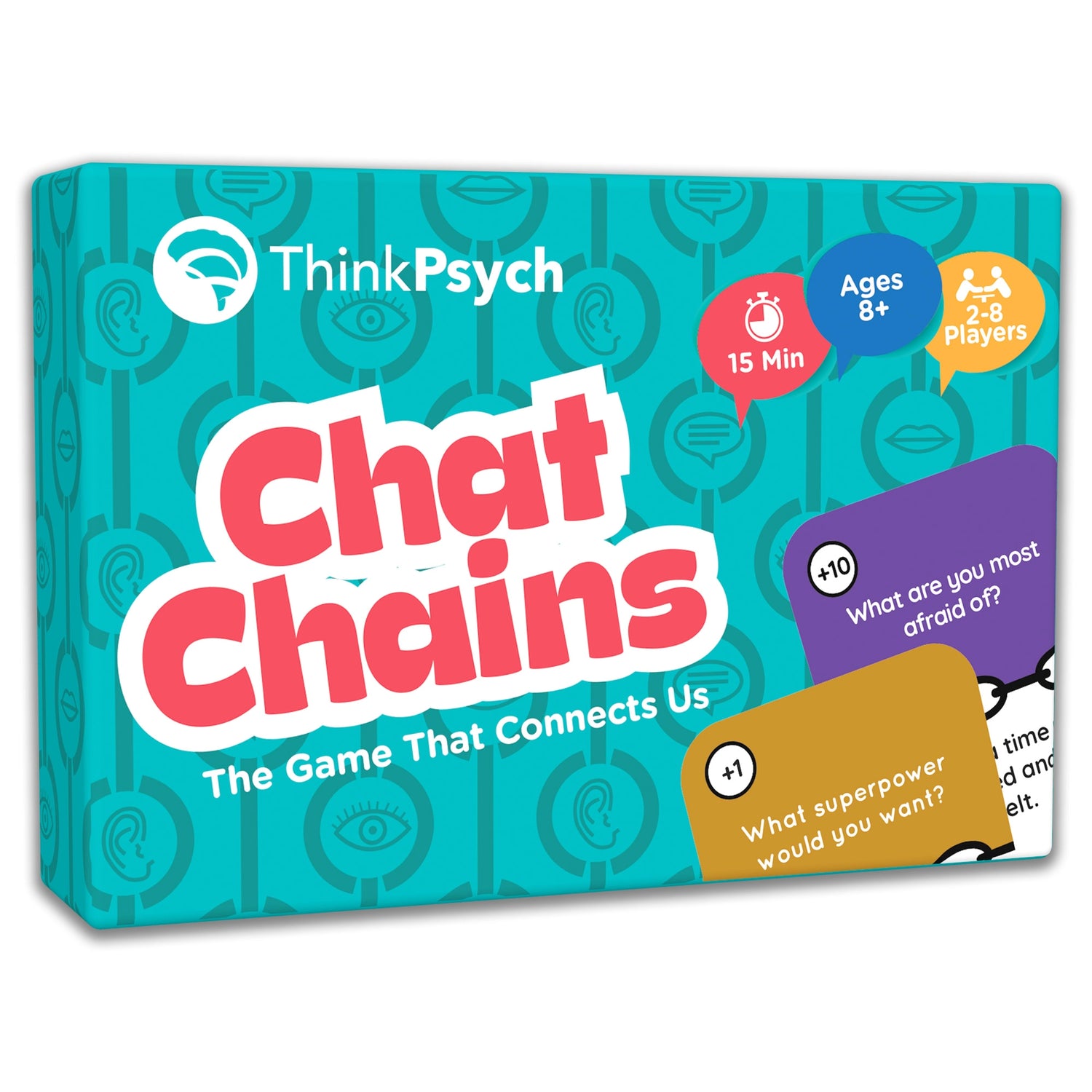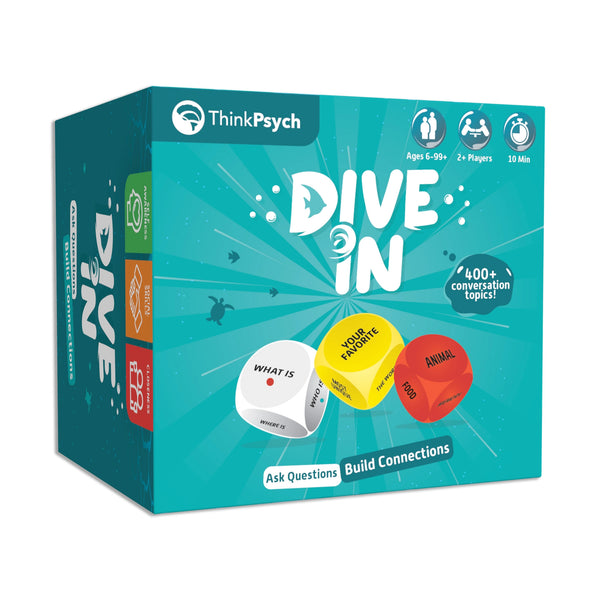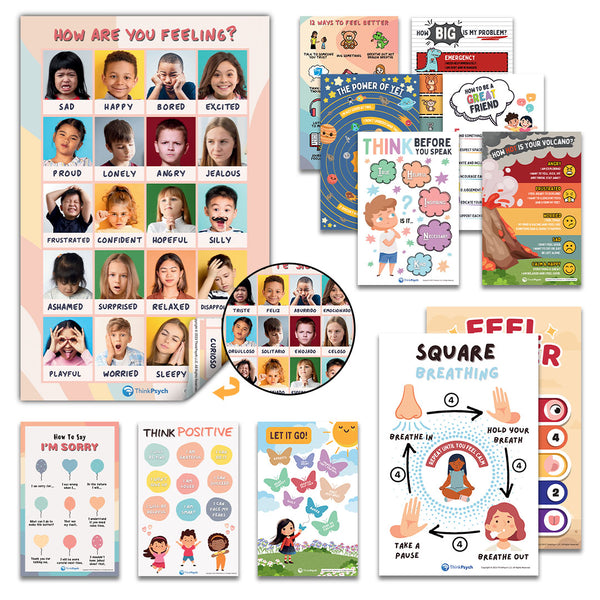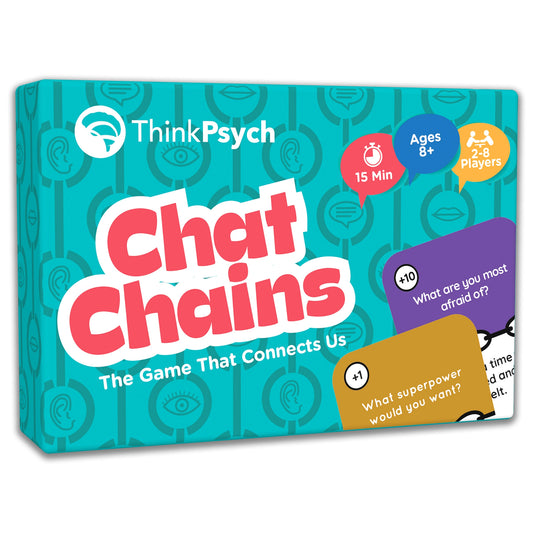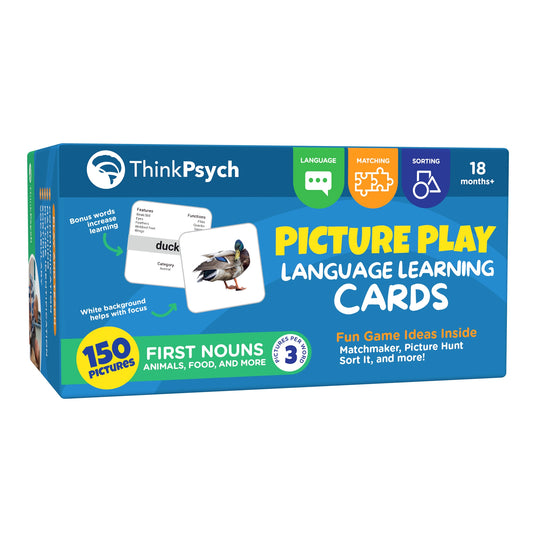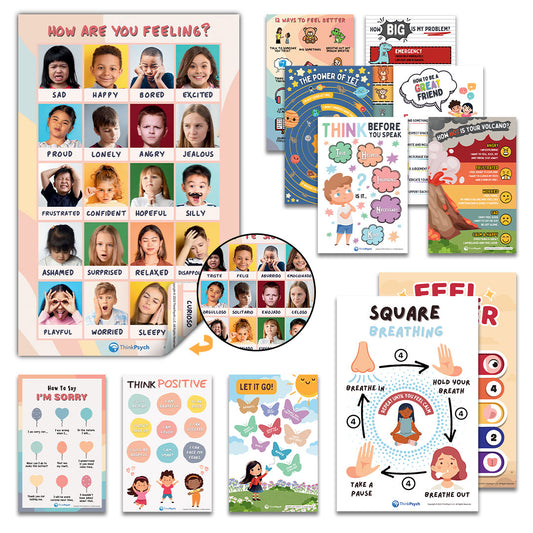
Why You Should Start Hosting Family Meetings
Share
Family time is often crowded out by busy work schedules, extracurriculars, errands, tech distractions and more. That’s why carving out time to connect and communicate as a family is more important than ever.
Weekly family meetings are an excellent tool to strengthen bonds, as well as reduce conflicts and teach life skills. Let’s take a deep-dive into why you should start hosting family meetings and pro tips for achieving productive sessions.
Top Reasons to Start Family Meetings
Family meetings may sound a little silly at first, but they offer superb benefits for you and your kids.
To start, family time today is few and far between, which can complicate communication and well-being. Family meetings are a great excuse to get everybody together and create a sense of connection.
Family meetings also prioritize clear communication so that kids and parents don’t feel like they’re in the dark. Keeping up this regular communication can build trust and remove uncertainty within the family.
In addition, there are numerous other advantages of family meetings, including:
- Reduce conflict: Family meetings are an open forum for airing grievances and resolving them fairly. Doing so models a calm, honest way to handle stress and disputes.
- Model life skills: Family meetings model how kids can manage conflicts, be a leader, express feelings, make decisions and compromises, communicate clearly, show empathy, solve problems and more. It also gives them insight into thinking as a group, not just as an individual.
- Reinforce family values: Discussing issues and making decisions together can show your kids what’s important to your family. Some families may even formally select values that represent them, such as kindness, hard work, etc.
- Set goals for your family: Having a weekly check-in is an opportunity to set new objectives for your family, whether it’s spending more time together, reducing friction or achieving milestones.
- Build self-esteem in kids: Family meetings enable kids to share their voices and chime in with ideas/solutions. This can build their confidence and make them feel valued.
Key Agenda Items for Your Family Meeting
The family meeting format is flexible, so you can tailor it according to your family’s needs and interests. No matter the agenda, try to balance between positive and negative items. For example, you might include a mix-and-match of these agenda items:
- Resolve any family conflicts (i.e. house rules, sibling rivalry, etc.)
- Share important information (i.e. big changes like a move, new baby or pet)
- Go over weekly schedules
- Assign chores and meals
- Make decisions about family activities or vacations
- Recognize good behavior and achievements
- Enjoy time together
Tips for Productive (and Fun) Family Meetings
Of course, family meetings aren’t always smooth-sailing. As you get into the habit of family meetings, you can elevate the conversation and make sessions more productive with these tips.
1. Have Food on Hand
Meetings don’t have to be boring. Add snacks to the mix to entice your family members to attend (especially if you have teenagers). You might also try holding meetings during “takeaway night” at your house. Either way, having food on hand makes everything better from the get-go.
2. Use Your Own “Shell” to Designate Who Gets to Talk
In The Lord of the Flies, only those holding the conch shell are allowed to talk during meetings. If you have younger kids, it’s worth having a shell, microphone or another object that is passed around to designate who gets to talk.
This can help kids learn when it’s time to listen and avoid interruptions that derail your meeting. To encourage active listening, you might suggest everybody puts away cell phones and other gadgets during meetings, too.
Customer Favorites From Our Store
3. Take It One Agenda Item at a Time
Your family’s meeting agenda should be open to both kids and parents. Allow suggestions to the agenda during the week. You might have a post-it note on the fridge to add items or even a family group chat.
During the meeting, try not to blend agenda items. Take it one at a time, so that there’s no confusion and chaos. If there’s a lot on the agenda, kick some of the items to the next meeting. Keep it short and sweet, especially if you have young kids.
4. Encourage Family to Use “I” Statements
When resolving family conflicts, it’s a good idea to manage big emotions. One way is to ask your kids to use “I” statements when talking about disputes. Instead of blaming a sibling (i.e. “You always hog the bathroom in the morning”), they can rephrase the problem through their own feelings. (i.e. “I feel frustrated when I can’t use the bathroom in the morning”).
“I” statements are a helpful starting point to reach the other person and come up with a potential solution. In addition, this prevents hurt feelings and defensive reactions due to an accusatory tone or statement.
5. Work Towards Achieving Consensus
While family meetings should be open, don’t forget that it’s not a democracy. If three kids want a puppy and two parents don’t, that doesn’t mean your family will adopt one.
Instead of putting items up for vote, work towards achieving consensus. This means finding a solution that everybody in the family can agree on. Often this takes discussion and compromises to finally determine an arrangement that pleases all.
In the case of the puppy, for example, the compromise may be to adopt a puppy but that the kids are exclusively in charge of feeding, walking and caring for it.
6. End on a High Note
Ideally, you can end the meeting by doing a fun family activity so that everybody leaves with a sense of optimism. This also eases any tension that occurred during the meeting. Some ideas for family activities include a movie, game night or simply having dessert together. Whatever you choose, just be sure that it’s something your family looks forward to doing.
7. Create Family Time During the Week
Your weekly family meeting shouldn’t be the only forum to connect and spend time together. During the week, make time for family and find ways to strengthen bonds. Activities will vary depending on your family interests, but try to keep it regular. You might try creating a family Google Album or group chat to add photos of memories you’ve made together as well.
Host Stellar Family Meetings With ThinkPsych
Family meetings can be the start of newfound connections and harmony. Set up effective and enjoyable family meetings by using our expert tips above!
At ThinkPsych, we’re here to help grow your kid’s EQ. The family meeting is just one way to model empathy and communication skills. You can also build connections by trying out our expert-designed games Chat Chains and Dive In. Both conversation games will enhance your kid’s social skills while you have fun as a family!
References:
- Colorado State University, 10 Tips for Successful Family Meetings, https://extension.colostate.edu
- Center for Parenting Education, Holding Family Meetings, https://centerforparentingeducation.org
- Aha! Parenting, How to Use Family Meetings to Build a Closer Family, https://www.ahaparenting.com
- The Pragmatic Parent, How to Host Effective Family Meetings, https://www.thepragmaticparent.com
- FreePik, Close Up Happy Family at Therapy Session, https://www.freepik.com
